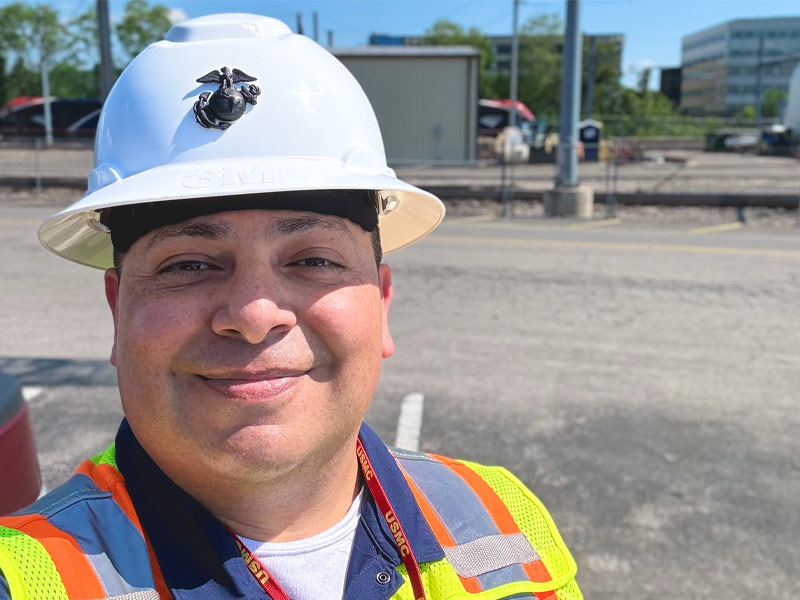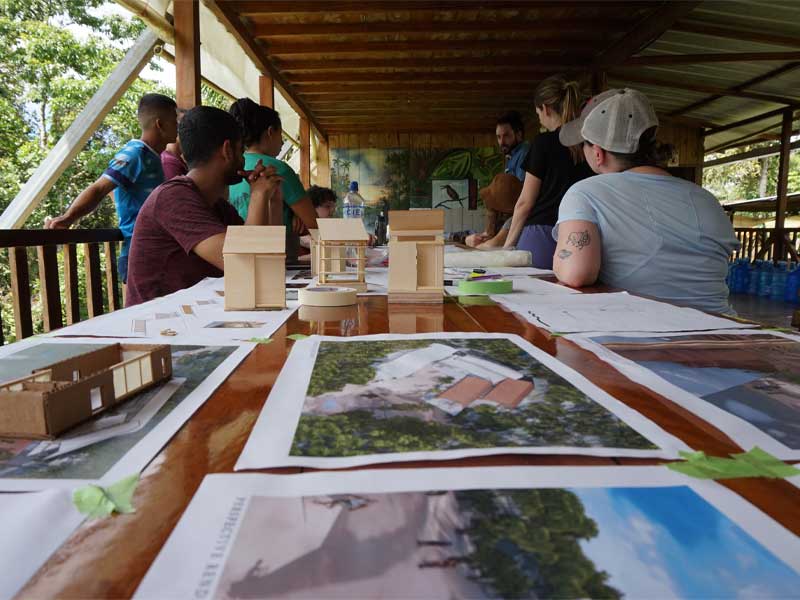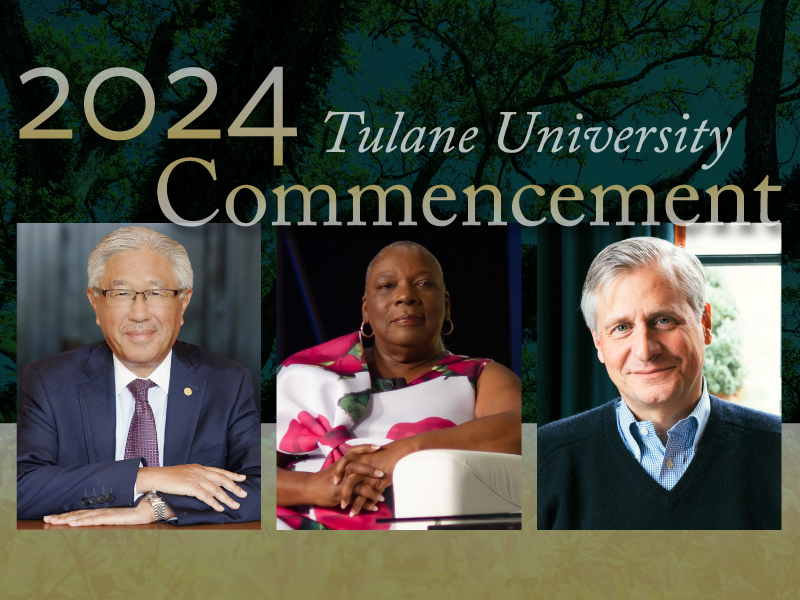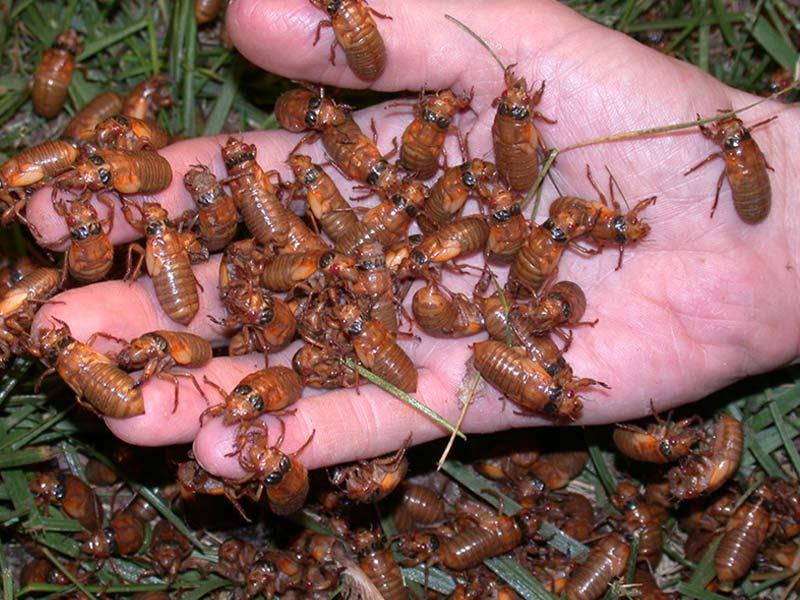Carolyn Barber-Pierre Center for Intercultural Life
Welcome to the Carolyn Barber-Pierre Center for Intercultural Life
Our mission is to successfully retain underrepresented students throughout their time at the university. Our work goes beyond simply appreciating diversity and increasing awareness. We actively center the experiences and voices of those who have been marginalized, while promoting accountability that changes the campus culture, transforming Tulane into a place where all students can thrive. Our Center includes The Office of Multicultural Affairs, The Office for Gender & Sexual Diversity, and Religious Life at Tulane.
Tulane News

Tulane offered the perfect transition from…
After 20 years with the U.S. Marine Corps, Manuel Lopez Vergara was looking for his next challenge. His wife…







